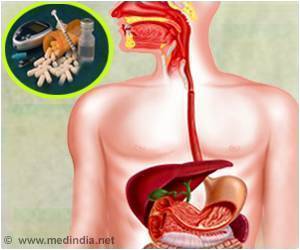
‘Epigenetics, which is the study of what you can inherit not in but 'on' your genes, may play a key role in the evolution of memory and learning.
’
Tweet it Now
"People in our field have been waiting for this for decades," explain researchers Kees van Oers and Veronika Laine from the Netherlands Institute of Ecology. The reference genome of their favourite model species, the great tit, is "a powerful toolbox that all ecologists and evolutionary biologists should know about." Coming from a single Dutch bird, the genetic code of the assembled reference genome will help to reveal the genetic basis of phenotypic evolution. This is essential for understanding how wild species adapt to our changing planet.
In addition to looking at the genome, the research team have also determined the so-called transcriptome and methylome. The latter belongs to the field of epigenetics: the study of what you can inherit not in but ’on’ your genes. Specific DNA sequences in the genome can be ’methylated’: methyl groups are added to them, modifying how the genes function.
The research team sequenced the complete genomes of a further 29 great tit individuals from different parts of Europe. This enabled them to identify regions in the great tit’s genome that have been under selection during recent evolution of the bird. These regions appeared to be overrepresented for genes related to learning and cognition.
"The great tit has evolved to be smart," says Van Oers. "Very smart." It’s not your average bird, as it belongs to the top 3% smartest birds when it comes to learning new behaviour. That makes it a perfect candidate for research into the evolution of learning, memory and cognitive processes.
Advertisement
Source-Eurekalert











